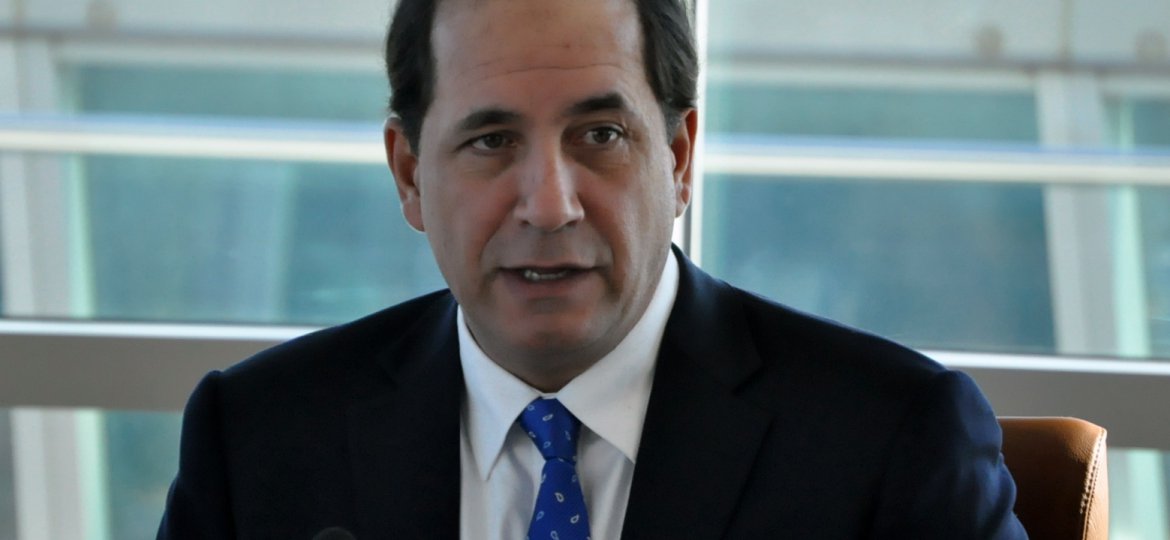
TRENTON – Legislation sponsored by Senate Health, Human Services and Senior Citizens Committee Chairman Joseph F. Vitale and Senator Shirley K. Turner that would require first responders and health professionals to provide information about substance abuse treatment programs, resources, and the availability of overdose reversal medication to anyone who receives an opioid antidote for a drug overdose was approved today by the Senate.
“Capitalizing on that often-sobering moment when an individual overdoses and providing them with key information about substance abuse treatment options and resources can be the lifeline and motivation they need to recover,” said Senator Vitale (D-Middlesex). “Such interventions have shown success for individuals fighting the disease of addiction. We must do everything within our power to fight this opioid epidemic.”
Under the bill, S-294, if a person who receives an opioid antidote is admitted to a health care facility or receives treatment in the emergency department of a health care facility, the health care professional with primary responsibility for his or her care would be required to provide the information at any time after treatment for the drug overdose is complete but before being discharged from the facility. The bill would also require the health care professional to document providing the information in the patient’s medical record and would be permitted to develop a substance abuse treatment plan for him or her.
Additionally, if an opioid antidote is administered by a first responder and the person is not subsequently transported to a health care facility, the first responder would be required to provide the information when treatment for the drug overdose is complete.
“It is often during a crisis that lives are changed,” said Senator Turner. “Providing patients with the right information at that turning point could mean another life saved and another family spared the painful agony of addiction and its effects.”
A Yale research study, published in 2015, compared treatment strategies for opioid-dependent patients receiving emergency care, considering the efficacy of three interventions:
a) screening and referral to treatment;
b) screening, brief intervention, and facilitated referral to community-based treatment services (brief intervention);
c) screening, brief intervention, Emergency Department (ED) initiated treatment with buprenorphine/naloxone, and referral to primary care for 10-week follow-up (buprenorphine).
The study found significantly increased engagement in addiction treatment, reduced self-reported illicit opioid use, and decreased use of inpatient addiction treatment services among those patients who received ED-initiated treatment.
Under the bill, the Division of Mental Health and Addiction Services, which is currently responsible for preparing information and training individuals that obtain naloxone prescriptions, would be tasked with developing informational materials about substance abuse treatment programs and resources for dissemination to health care professionals and first responders and ultimately to overdose patients.
The bill passed the Senate by a vote of 40-0. It now heads to the Assembly for consideration.




